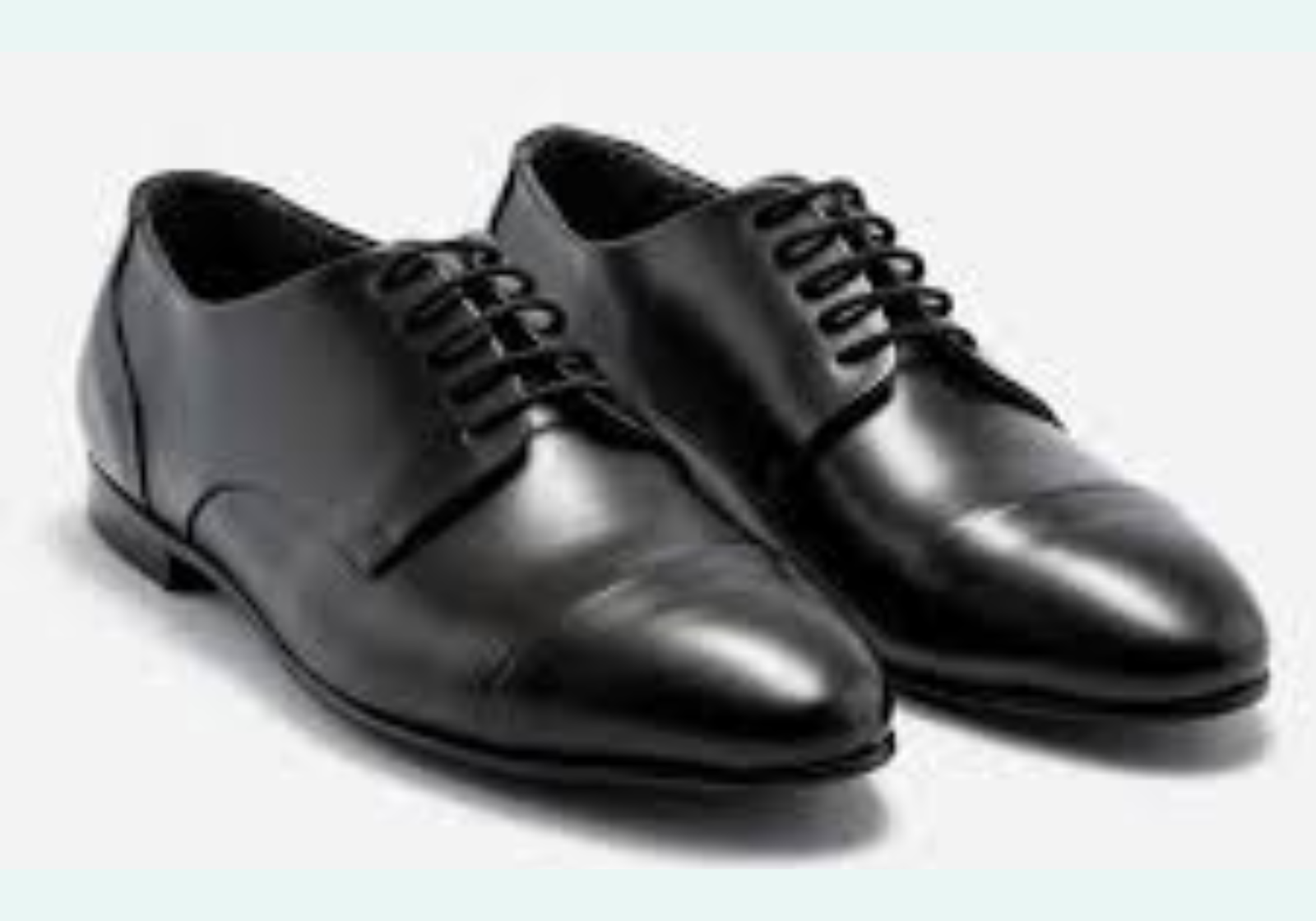Complete Guide to Formal Shoes: Understanding Types, Importance, and Selection
Published: 9 May 2025
Formal shoes are an essential component of any well-tailored wardrobe. Whether you’re dressing for a professional event, a wedding, or a formal dinner, the right pair of formal shoes can elevate your outfit and enhance your overall appearance. In this guide, we’ll cover what formal shoes are, why they matter, and how to choose the right ones for different occasions.

What Are Formal Shoes?
Formal shoes are footwear designed to complement formal or semi-formal outfits. Unlike casual shoes, they are typically made from high-quality leather or suede, offering a sleek, polished look. These shoes are characterized by their clean lines, refined design, and the ability to pair seamlessly with suits, tuxedos, and other formal attire. They are often worn for events such as business meetings, weddings, or special occasions where a polished, professional look is required.

Why They Matter for Men and Women
For both men and women, formal shoes are a key element in presenting a put-together appearance. Not only do they contribute to an overall stylish look, but they also communicate respect for the occasion and the people you’re interacting with. In professional environments, formal shoes are expected to maintain a certain level of decorum, which helps establish credibility and confidence.

Moreover, formal shoes provide comfort and support for long hours of standing or walking, which is crucial in settings like business meetings or weddings. The right pair also ensures your outfit remains cohesive, showing attention to detail and an understanding of dress codes.
Who This Guide Is For
This guide is perfect for anyone looking to enhance their wardrobe with the right pair of formal shoes. Whether you’re a professional looking to refine your office attire or someone preparing for a special event, this guide will provide valuable insights into the types of formal shoes available, how to choose the right pair, and how to take care of them.

Types of Formal Shoes
When it comes to formal footwear, there are several classic styles to choose from. Below, we’ll discuss the most popular types of formal shoes, their features, and when to wear them.

Oxford Shoes
Oxford shoes are the epitome of classic formal footwear. Known for their closed lacing system, Oxford shoes offer a clean and polished look. They are characterized by a stitched-in tongue and a sleek, rounded toe. Oxfords are the go-to choice for highly formal occasions like business meetings, interviews, and weddings.

For a more versatile option, brown Oxford shoes can be worn with less formal suits, while black Oxfords are ideal for very formal settings. Brands like Church’s are renowned for their exquisite Oxford shoes, making them a popular choice among professionals and those attending formal events.
Derby Shoes
Derby shoes are another popular choice for formal occasions, offering a slightly more relaxed look compared to Oxfords. They feature an open lacing system, which provides a roomier fit and greater comfort. Derby shoes are often preferred for semi-formal occasions or events where comfort is key, but formality is still necessary.

Black Derby shoes are still considered formal, while brown or tan Derbies can be paired with less formal attire. Church’s Shannon Derby shoes are an excellent example of craftsmanship and comfort, with designs that balance sophistication and ease.
Loafers
Loafers are slip-on shoes that offer both comfort and style, making them a popular choice for more casual formal events. These shoes are perfect for occasions that don’t require full formal attire but still call for something more refined than sneakers or casual shoes.

Loafers can be dressed up or down depending on the occasion. For example, Gucci’s iconic Horsebit loafers are a stylish option for business casual settings, while Tod’s Gommino loafers provide a blend of casual elegance. Loafers are perfect for events like daytime meetings or less formal weddings.
Monk Straps
Monk Strap shoes are an excellent option for those looking to make a statement while maintaining a formal look. These shoes feature one or two buckles instead of traditional laces, providing a distinctive, sleek appearance. Monk straps can be worn for semi-formal occasions, or even at events where you want to add a touch of personality without sacrificing professionalism.

The double-buckle style is particularly eye-catching, adding an element of uniqueness to an outfit. Brands like Church’s have refined the Monk Strap shoe, offering both traditional and modern designs for a wide range of formal events.
Brogues
Brogues are formal shoes distinguished by decorative perforations or “broguing” along the edges of the leather. They come in different styles, including full brogue, semi-brogue, and quarter-brogue, and are typically made from leather or suede. While they are still considered formal shoes, brogues offer a bit more personality and texture, making them a great option for slightly less formal events or for adding character to your outfit.

Brogues are versatile shoes that can be worn with suits, blazers, or even chinos for a more laid-back formal look. Church’s Diplomat Brogue shoes are a great example of the craftsmanship that goes into making these stylish yet functional shoes.
Final Thoughts
Choosing the right formal shoe depends on the occasion, the level of formality required, and your personal style. Each type of formal shoe has its unique features and advantages, whether you’re looking for something ultra-classic like Oxford shoes or something a bit more stylish and distinctive like Monk Straps or Brogues. By understanding the different types of formal shoes available and how they can fit into your wardrobe, you’ll be well-equipped to make the right choice for any event or occasion.

- Be Respectful
- Stay Relevant
- Stay Positive
- True Feedback
- Encourage Discussion
- Avoid Spamming
- No Fake News
- Don't Copy-Paste
- No Personal Attacks

- Be Respectful
- Stay Relevant
- Stay Positive
- True Feedback
- Encourage Discussion
- Avoid Spamming
- No Fake News
- Don't Copy-Paste
- No Personal Attacks

